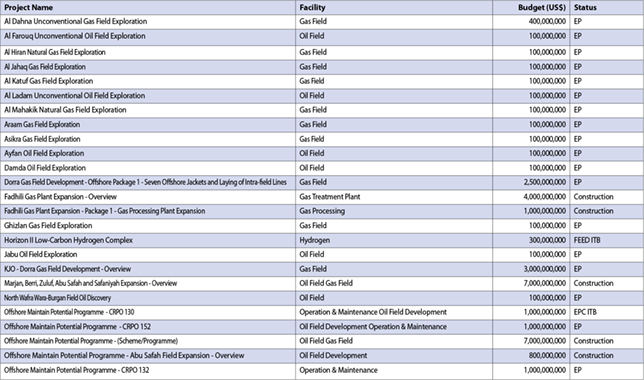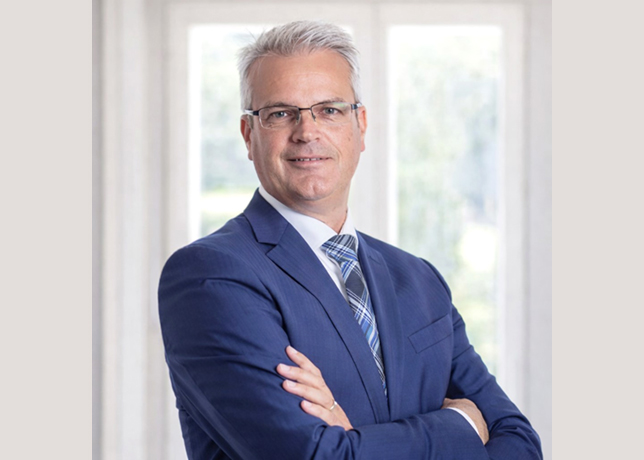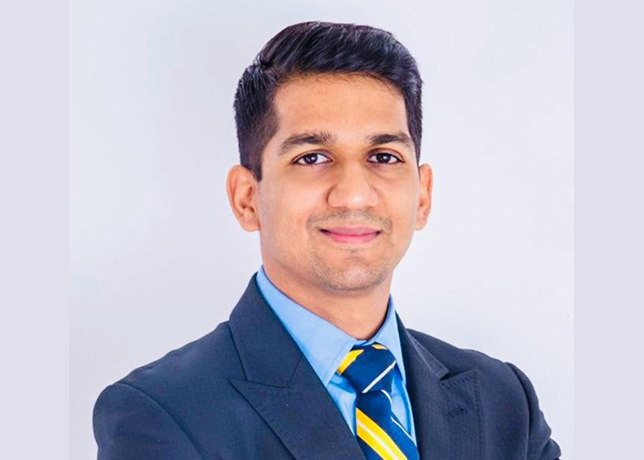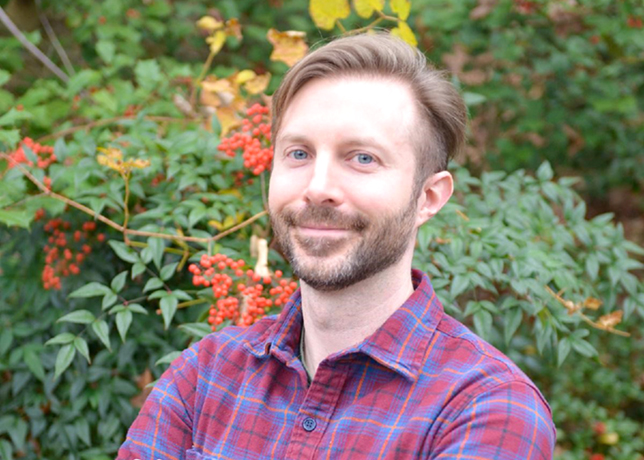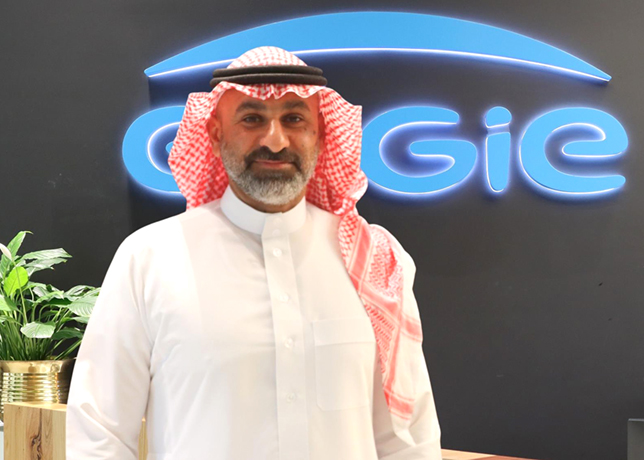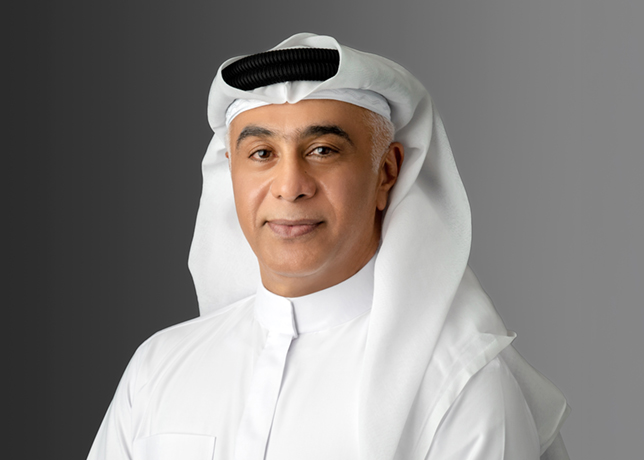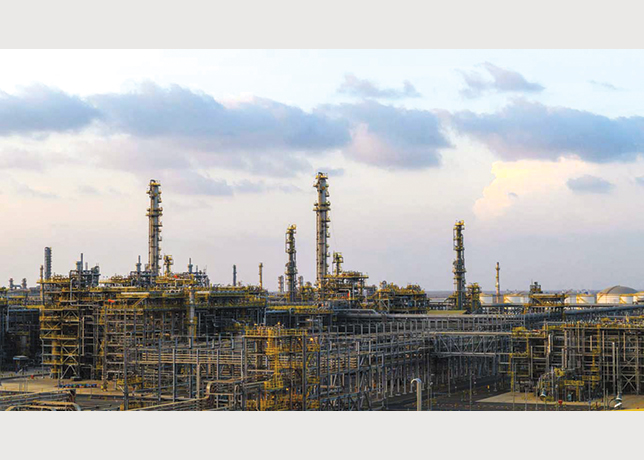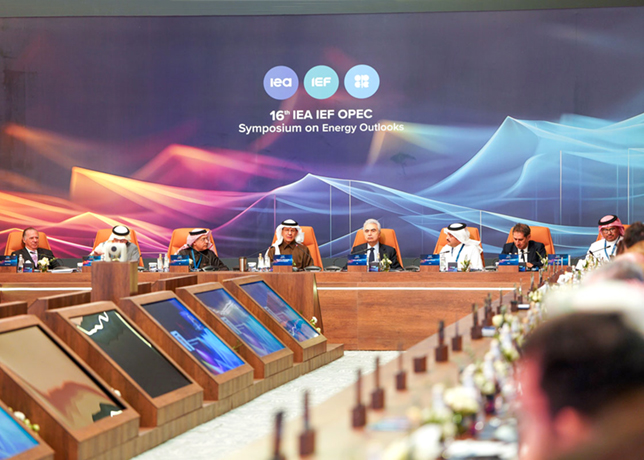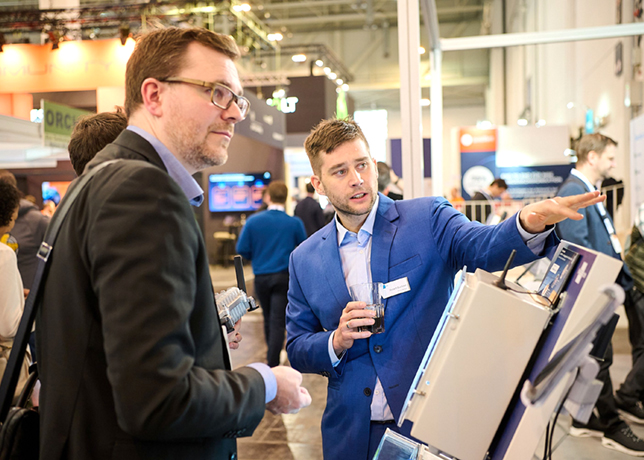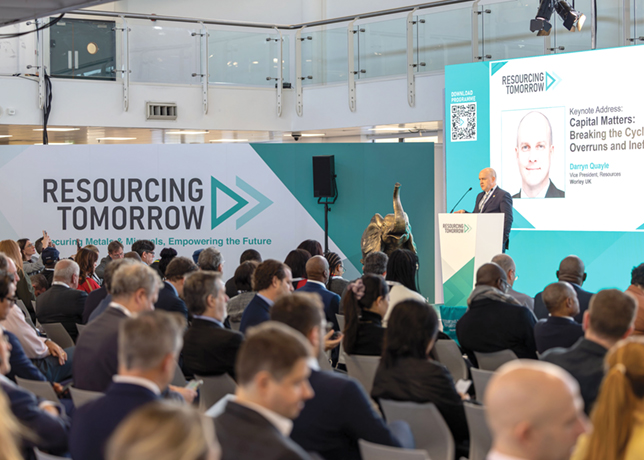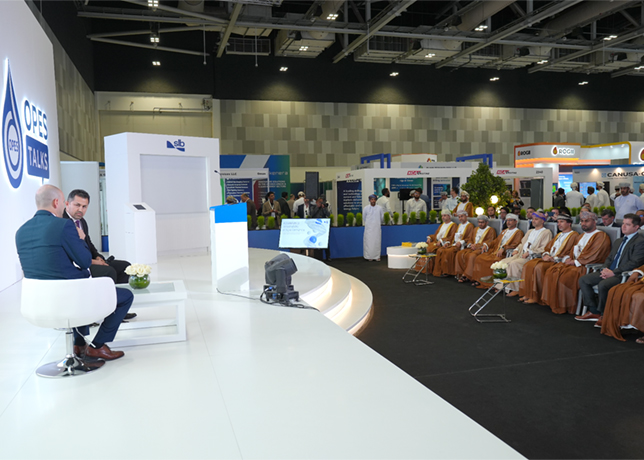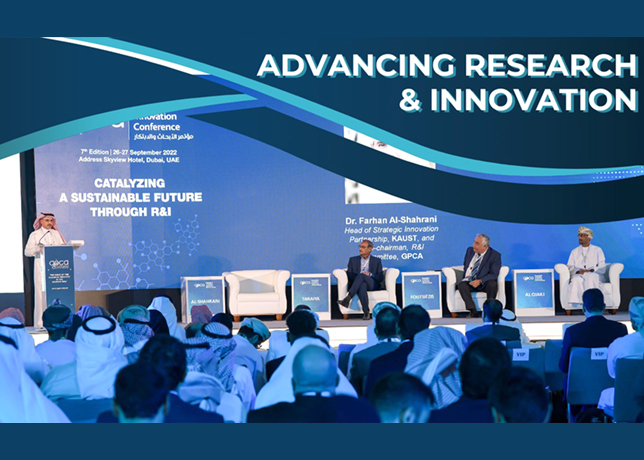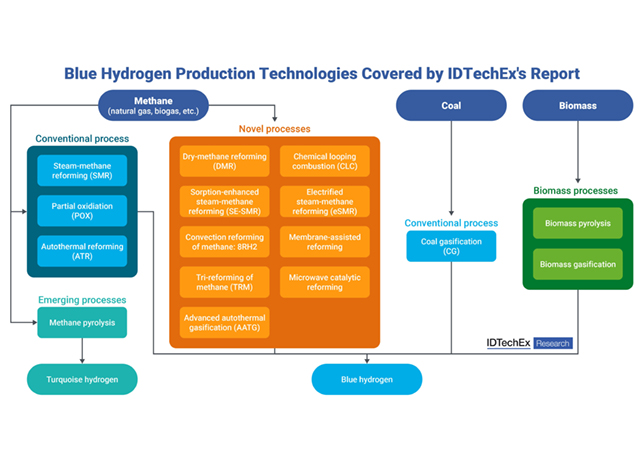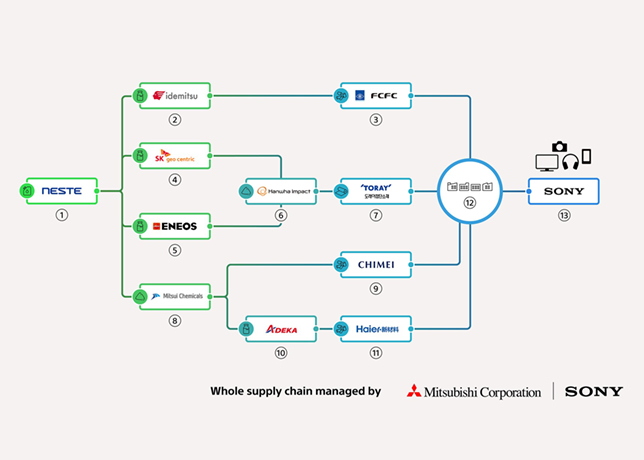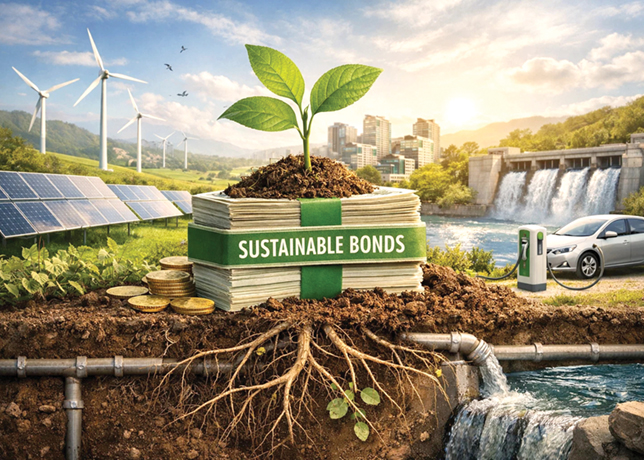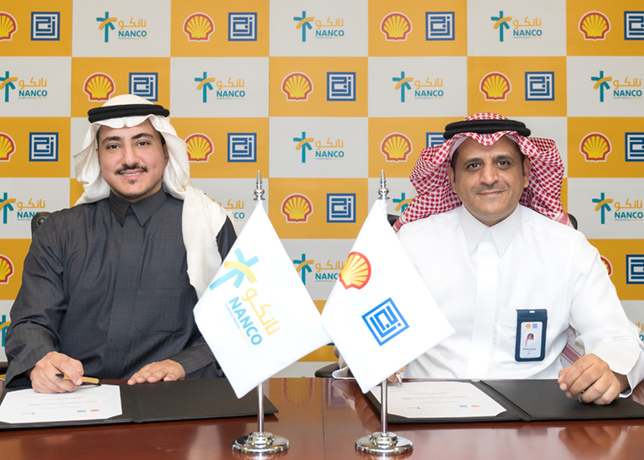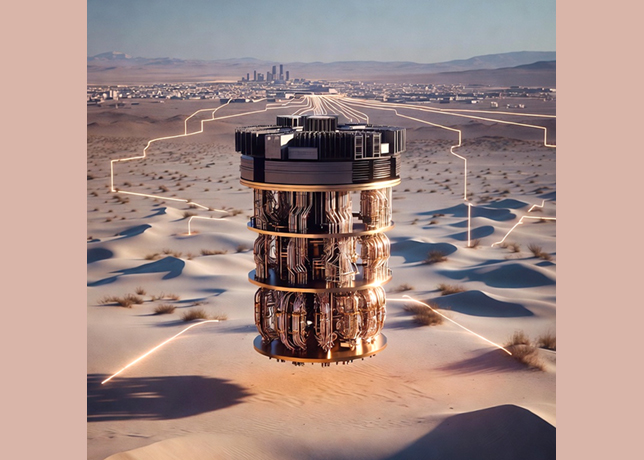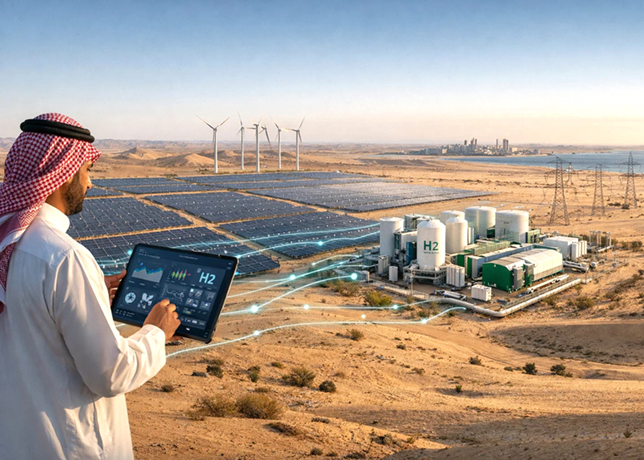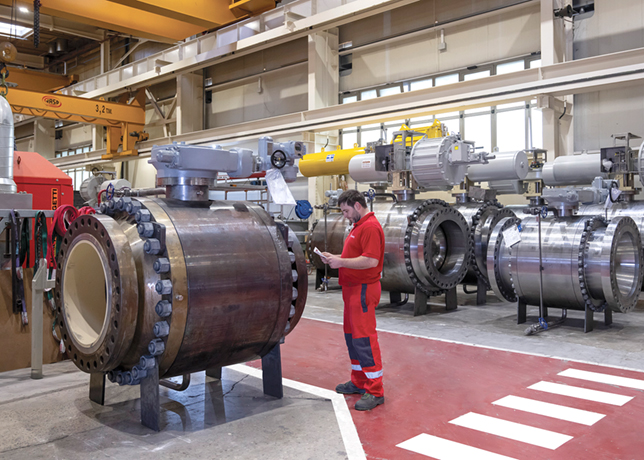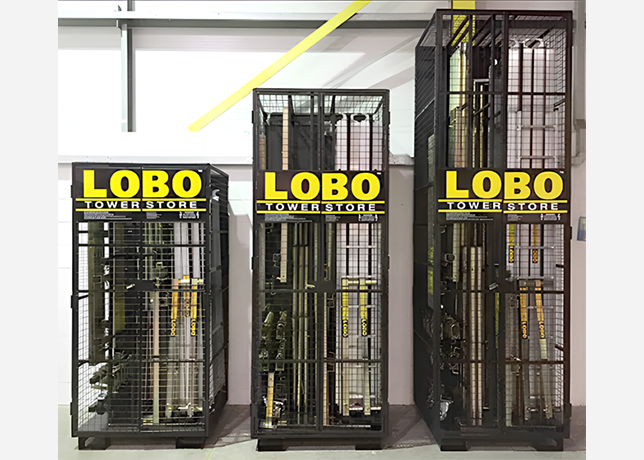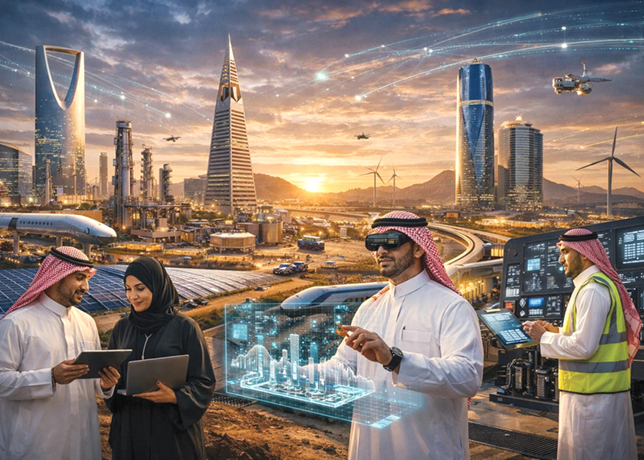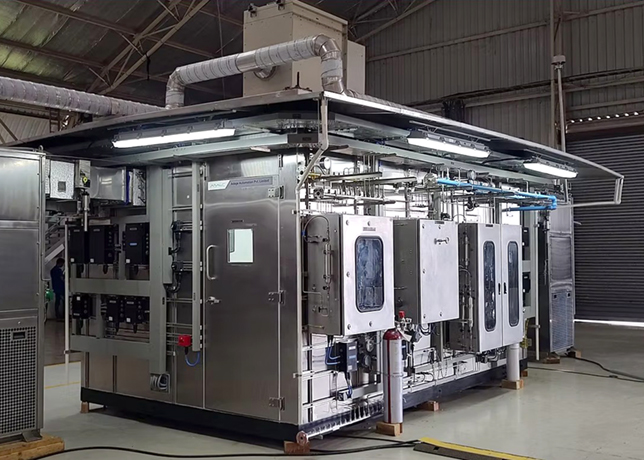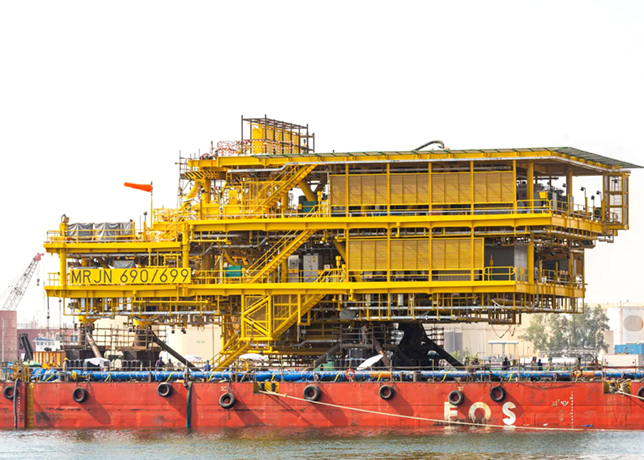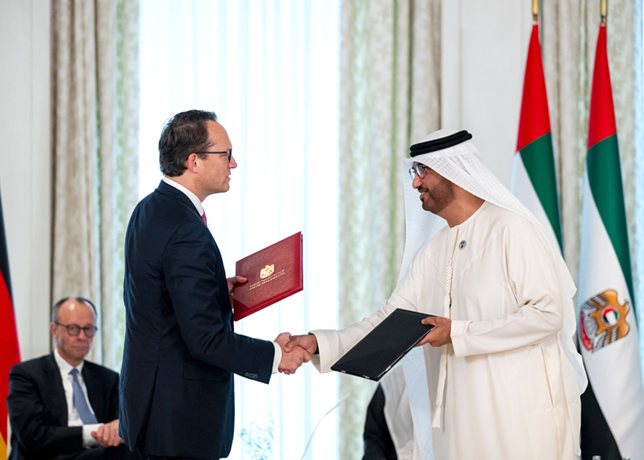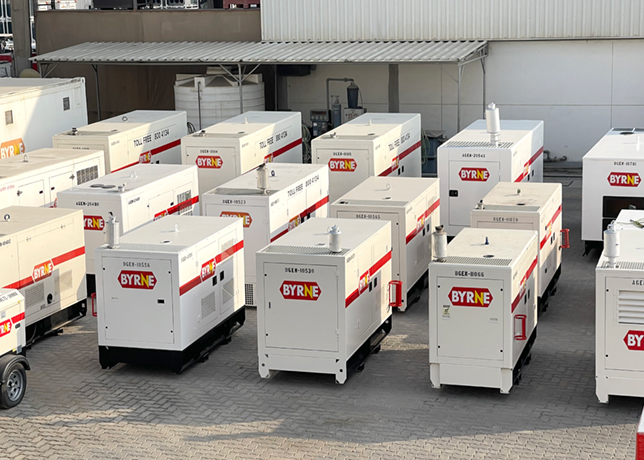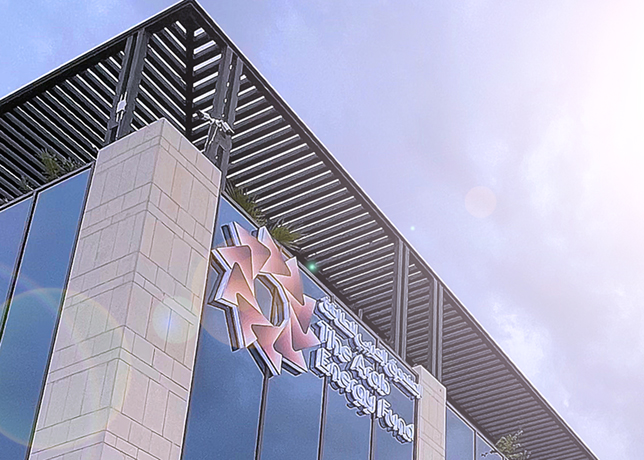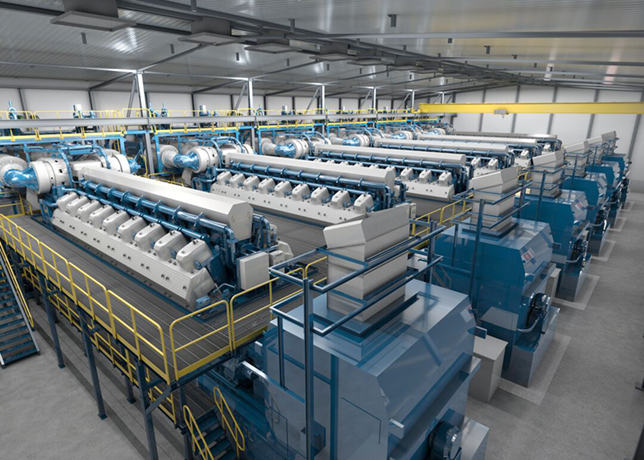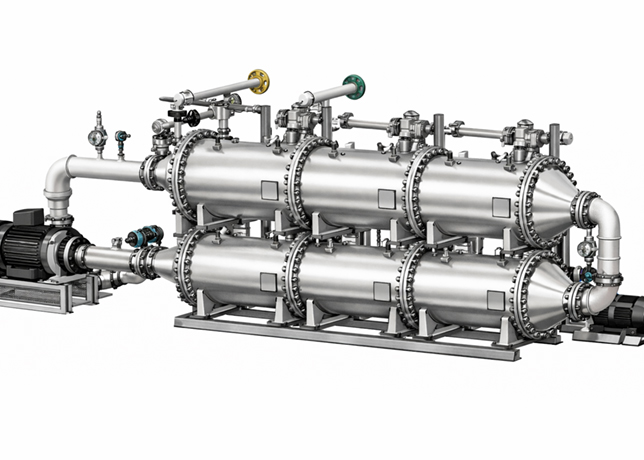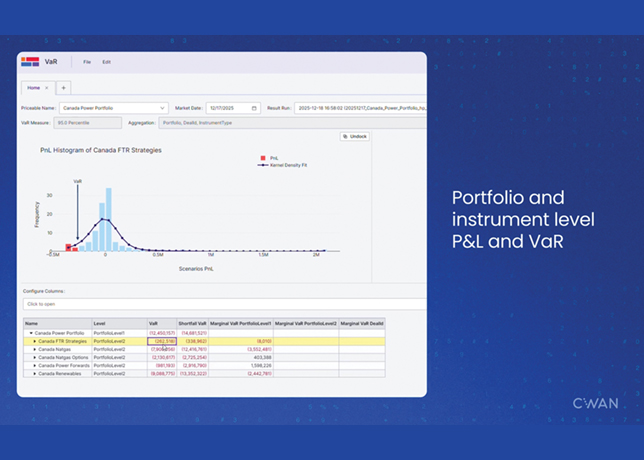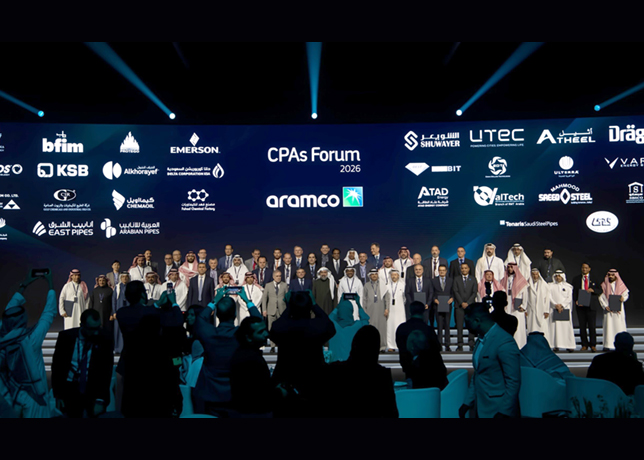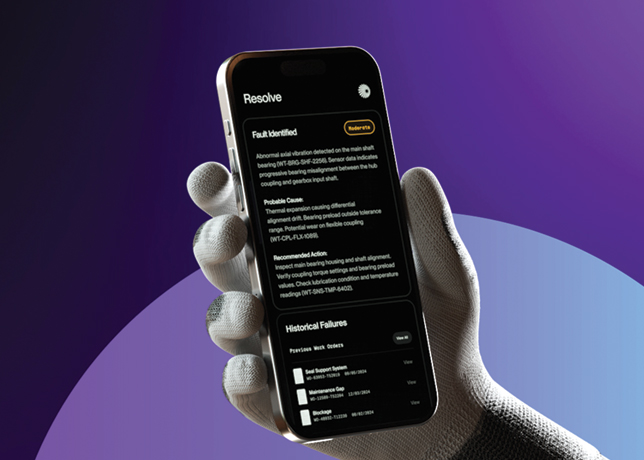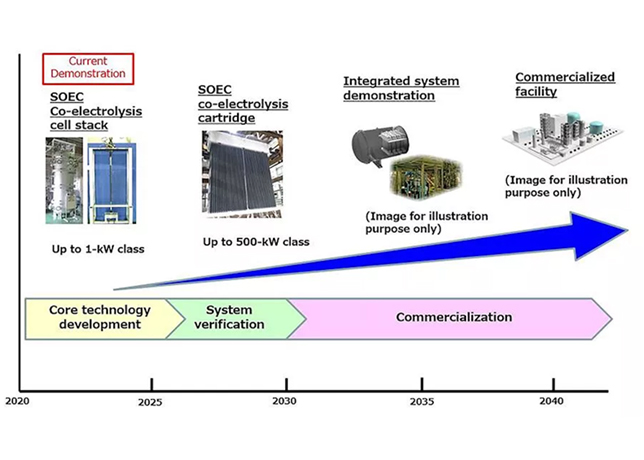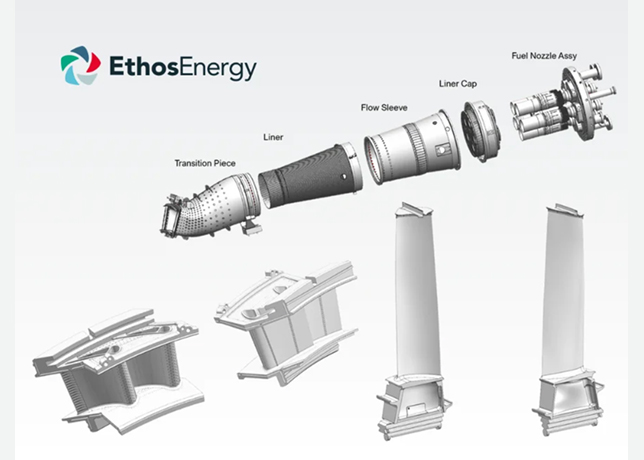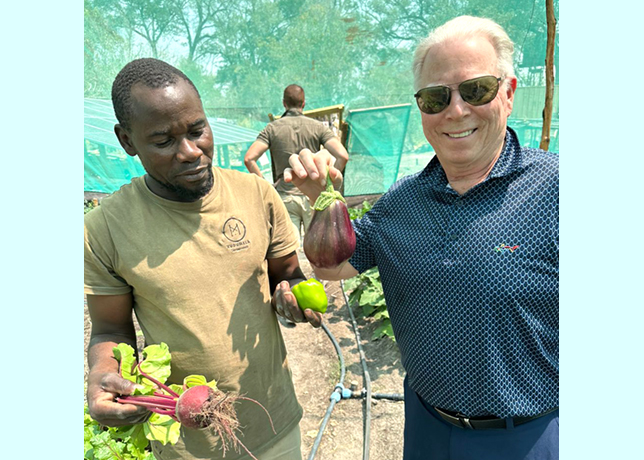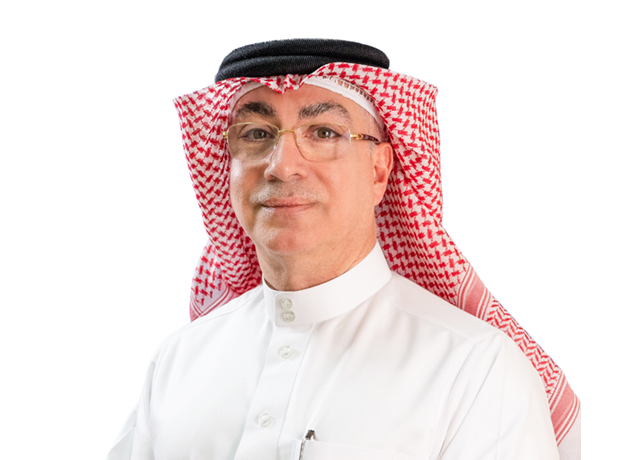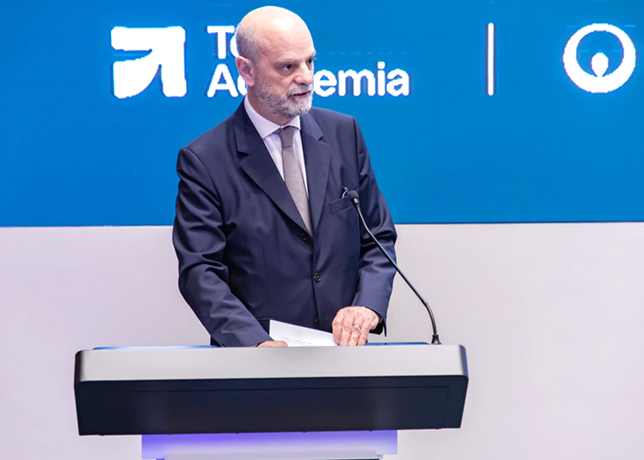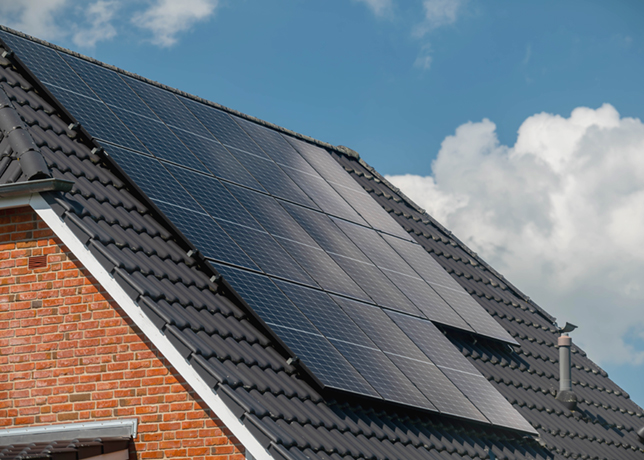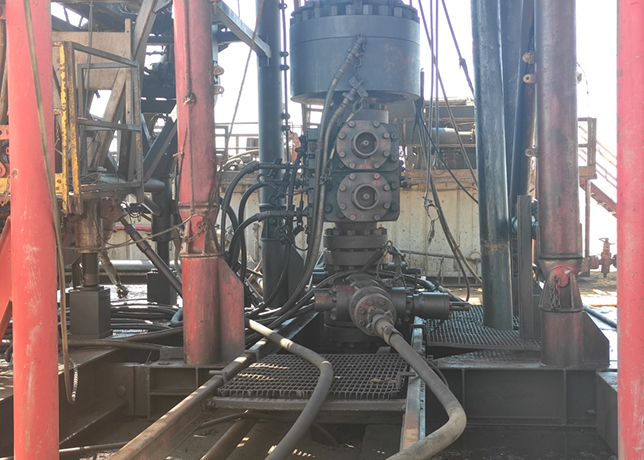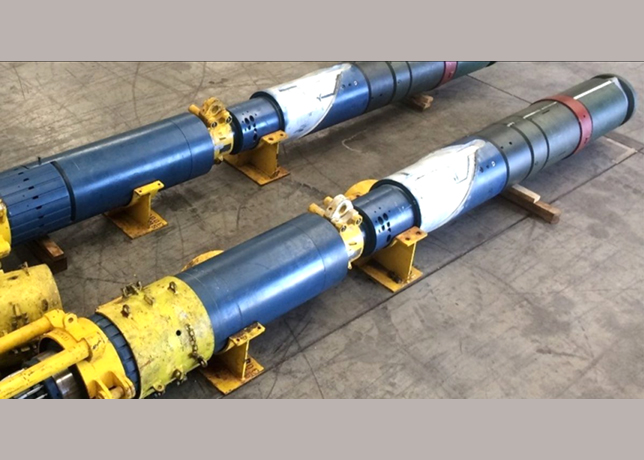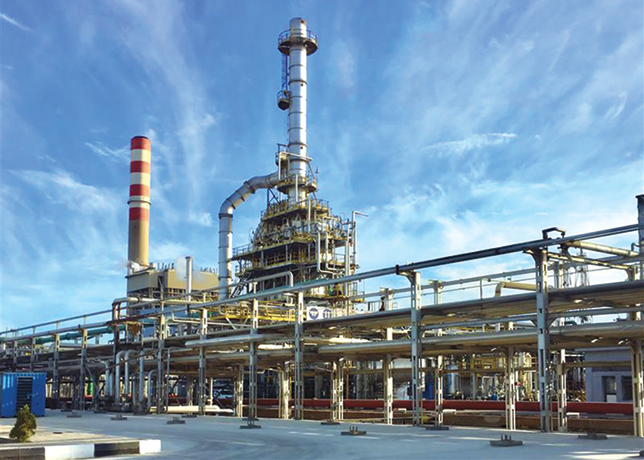
 Wood has won a three-year contract to provide specialist technical support to PDO
Wood has won a three-year contract to provide specialist technical support to PDO
The company is strengthening its role as a key partner in advancing the region’s energy transition and sustainability ambitions, Gerry Traynor, President of Wood’s Projects East, tells OGN
Wood is reinforcing its commitment to the Middle East as a hub for global energy transformation, combining decades of engineering expertise with a future-focused approach to decarbonisation, digitalisation, and sustainable infrastructure.
As the region accelerates its energy transition and strengthens energy security, Wood’s integrated capabilities, from advisory and design to construction, operations, and decommissioning, position it as a strategic partner in enabling net-zero pathways and long-term economic growth, Gerry Traynor, President of Wood’s Projects East, exclusively tells OGN energy magazine.
Below are excerpts from interview
Can you give us an overview of Wood’s presence and commitment in the Middle East?
Wood is an engineering and consultancy business in the Middle East with over 4,700 employees.
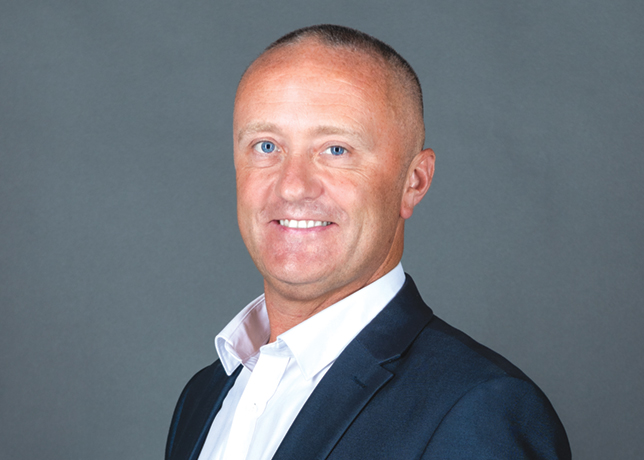 |
Gerry Traynor |
We offer the full project lifecycle, from assessment and advisory, through design to engineering, procurement and construction management, and operations, all the way to decommissioning, repurposing and extension.
In 2024, our Middle East business generated $920 million in contract wins. With our expanded footprint, we now have offices in Oman, Saudi Arabia, three in the UAE, two in Iraq, Qatar and Kuwait.
Wood is committed to driving sustainable progress across the region’s energy transition and energy security goals.
We believe that the Middle East will be a driving force behind the world’s energy transition over the next few years and our approach to decarbonisation and digitalisation will help to accelerate the region’s net-zero journey.
Wood has world-renowned decarbonisation experts, leading clients on technology selection and investment in the ever-evolving areas of hydrogen and carbon capture.
We work hard with clients to enable them to reach final investment decision on strategic projects and drive maximum asset value.
We can navigate global policy and incentives, understand the feasibility of projects and deliver the desired outcomes while de-risking design with digital solutions. For example, we mitigated $1 billion potential design cost through our digital twin solution for a major energy firm in the region.
How are you expanding capability in the Middle East?
Our capability and service offering has evolved and is aligned with the evolving contracting strategies of the many operators across the region.
We deliver concept, Pre-FEED and FEED services as well as detailed engineering and PMC for the region’s largest energy projects, in addition to brownfield FEED and detailed engineering, small EPC modifications.
EPCm is emerging as a key enabler for the region. We haven’t seen this model in the Middle East due to the lump sum contracting model and risk profile, but we have started to deliver small EPC projects and see the NOCs utilising this service to decarbonise brownfield assets and modernise existing infrastructure.
Our most recent EPCm contract was delivered in Iraq for ExxonMobil.
Additionally, Wood has over 60 years of heritage in designing and delivering mining projects globally from feasibility study to execution.
We see this to our advantage considering that the Middle East’s mining, minerals and metals industry is experiencing rapid growth especially across Saudi Arabia, UAE and Oman. The key commodities include lithium, copper and gold.
What is your perspective on Oman’s energy sector?
While Oman continues to prioritise oil production it is showing adaptability and simultaneously advancing clean energy projects.
It is investing in development and modernisation of oil infrastructure, including capacity expansion and exploration of new resources to increase production and efficiency.
Oman also continues to diversify its energy sources, introducing strong regulatory frameworks, investing in infrastructure and driving international partnerships and sustainability initiatives such as increasing solar and wind power capacity.
The country remains committed to Net Zero by 2050 in line with Oman Vision 2040.
Can you highlight Wood’s Oman-specific projects?
Our recent win with Petroleum Development Oman (PDO) will see over 65 predominantly Omani engineering and project management specialists support its FEED office, delivering feasibility, Pre-FEED and FEED solutions across the production value chain.
In 2021, Wood completed its role as ‘owner’s engineer’ on Oman Shell’s first utility-scale photovoltaic solar project in the Middle East, designed to cut emissions from industrial activities.
The project will save over 25,000 tonnes of CO2 annually.
We are also delivering pre-FEED for Shell’s Blue Horizons Project in Oman. The project will produce low-carbon blue hydrogen and ammonia and is expected to be the first of its kind in Oman.
We have also recently secured a four-year PMC scope with OQ. Our integrated approach will help drive operational excellence and deliver long-term value to OQ’s downstream portfolio.
The contract positions Wood as one of five selected contractors supporting OQ’s global portfolio of downstream projects.
Under the agreement, Wood will provide a comprehensive range of services, including manpower supply, engineering and design, quality assurance, health, safety and environmental oversight, and integrity reviews.
This contract strengthens Wood’s strategic presence in Oman and supports its long-term growth ambitions.
Successful bidding for OQ scopes under this contract could see our headcount grow by 80 people, 60 per cent of which would be Omani nationals.
What about Wood’s other regional engagements?
In the UAE, we have worked alongside Adnoc for over 40 years, and have a strategic long-term PMC framework with the company. Wood has secured various contracts that have resulted in the expansion of our engineering hub in Abu Dhabi, which is now made up of 1,000 employees.
In Saudi Arabia, our team works closely with Saudi Aramco, supporting their flagship unconventional gas project, where we have delivered over 2 million hours of work.
This major contract is expected to continue to 2030.
We have completed pre-FEED on Aramco’s ACCS project, one of the world’s largest Carbon Capture and Storage (CCS) hubs, and are working on engineering and project management services for the Safaniyah and Manifa oilfields.
In Iraq, we currently support 10 major contracts across the country, delivered by 850 people based in Iraq with another 500 supporting from Dubai.
One of the biggest opportunities we’ve seen over the last year is our clients’ focus on reducing the impact of flaring, part of our decarbonisation offering.
Our team is delivering the world’s largest flare gas reduction programme where we are repairing and modernising infrastructure to drive operational efficiencies and reduce carbon impact.
Over the past decade, this programme of work has delivered reductions of over 10 million tonnes of CO2 per year, and the improvements made have enabled our client to capture and repurpose gas that would otherwise be flared.
Across the region, carbon advisory is a growing area for Wood and is gaining momentum as clients try to obtain clarity on the emissions profile of their portfolio and the most effective ways to reduce intensity.
Our consultants are working with a national petroleum company to develop its decarbonisation roadmap, analysing its operations and product mix to determine the most optimal strategies to successfully integrate low-carbon solutions.
There is also a growing demand for our advisory and implementation services in digitalisation, with Wood having been appointed as the digital transformation partner for two major energy companies in the region.
Hiring local talent is a priority across the region. What challenges and opportunities do you see?
With regard to Oman, the government mandates that companies must hire a certain percentage of local employees in order to promote local talent and drive workforce development. However, this can be challenging given limited talent pools available.
At Wood, we are attracting locals through referral schemes in order to increase application volumes.
We continue to invest in a national workforce, by providing training, competency and skills programmes to all nationals, in addition to employee development and progression.
As well as technical, safety, supervisory and leadership training courses, we also offer continuous on-the-job training, coaching and mentoring.
Meanwhile, in the UAE, we were awarded a Nafis Award in May this year for medium-sized entities in the private sector, marking our efforts in achieving Emiratisation targets in the UAE.
Similarly, in Iraq, the Basrah Graduate Scheme — in place since 2016 — has seen over 60 graduates from the University of Basrah join the four-year multi-discipline engineering programme, which provides both on-the-job and classroom-based training, as well as opportunities to work on complex energy projects.
Through our joint venture with Al Majal in Iraq, we are investing in a new vocational training centre in Basrah which is due to open early 2025.
The technical training centre will offer ECITB accredited courses and will support delegates to find permanent employment on completion of their training.
And in Saudi Arabia, a two-year graduate programme has been in place since 2017. Twenty graduates (14 males and 6 females) were onboarded in January 2024. These graduates get access to the full scope of engineering technical training and mentoring.
What are Wood’s sustainability goals and measures around net-zero?
Our sustainability goals include reducing our emissions by 40 per cent by 2030, ensuring Wood offices are single-use plastic free by 2025, and doubling client support aligned to energy transition and sustainable infrastructure by 2030.
Wood has established an Energy Transition Hub in Abu Dhabi, where Suhail Diaz leads a team of SMEs across CCUS, solar and carbon advisory.
The team provides our clients with access to technical, strategic and economic insights to help them plan, design and deliver low-carbon developments.
By Abdulaziz Khattak



